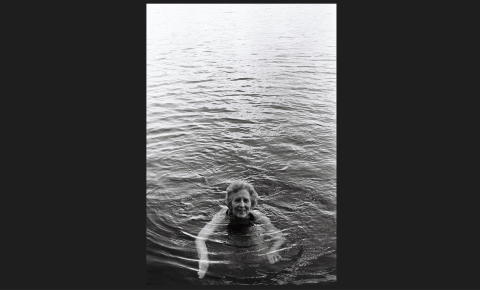
The care center where my mom lived in St. Paul was in quarantine the week she died. My brothers Robin and Paul, who live nearby, would have a nurse take a cell phone in to her so they could FaceTime. They would explain to Mom about the pandemic, and why they couldn’t come inside, and how they didn’t know when the quarantine would end.
When I called from Chicago the next day, Mom didn’t remember about the virus, or that the cafeteria was closed, or even where she was. “Everything is fine,” she said, sounding weak. “Though I think I’m just about done with this job.”
She lived in the fog of dementia, but it often thinned, letting more light through.





